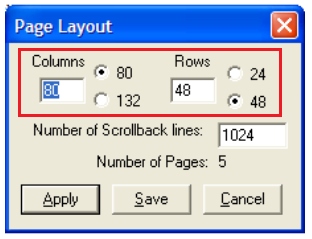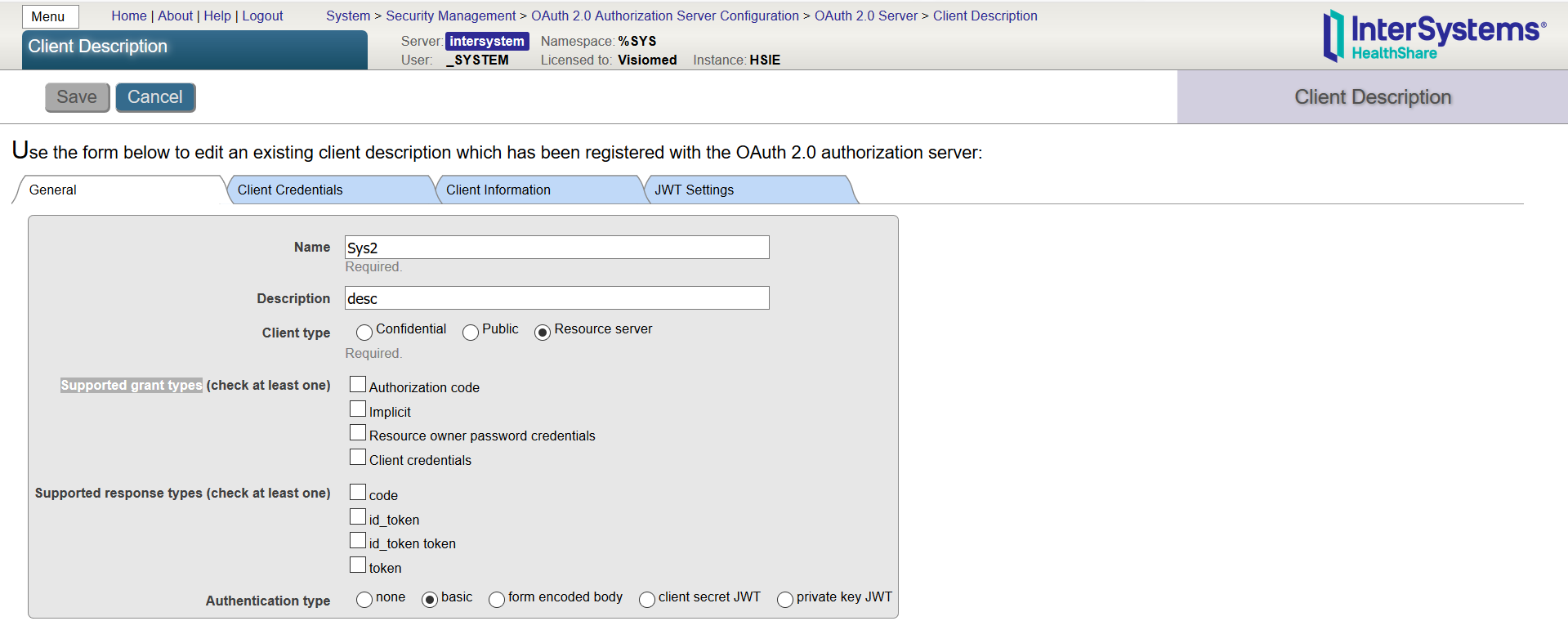InterSystems is pleased to announce the availability of these maintenance releases:
· Caché and Ensemble 2017.2.1
· HealthShare Health Connect v15.03 for 2017.2.1
Caché and Ensemble 2017.2.1 details:
· Platforms are the same as for 2017.2.0, with the addition of:
o Oracle Solaris 10, 11 for SPARC-64
o Oracle Solaris 10, 11 for x86-64
· The version number of the kits for these releases is 2017.2.1.801.0
· The full list of corrections can be found in the release notes
HealthShare Health Connect v15.03 on core technology 2017.2.1.801.


